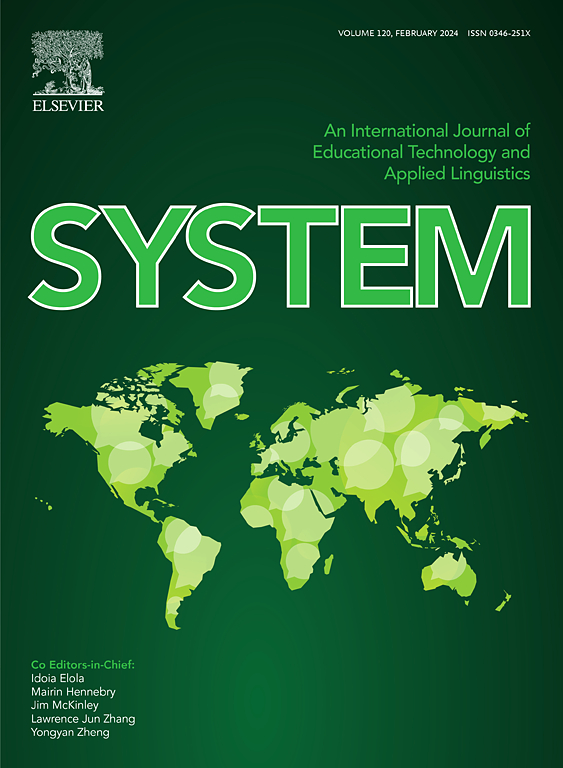Florfenicol-induced dysbiosis impairs intestinal homeostasis and host immune system in laying hens
IF 6.5
1区 农林科学
Q1 Agricultural and Biological Sciences
引用次数: 0
Abstract
Despite growing concerns about the adverse effects of antibiotics in farm animals, there has been little investigation of the effects of florfenicol in laying hens. This study examined the effect of florfenicol on the intestinal homeostasis, immune system, and pathogen susceptibility of laying hens. The oral administration of florfenicol at field-relevant levels for 5 d resulted in a decrease in the gut microbiota genera Lactobacillus, Bacillus, and Bacteroides, indicating the development of intestinal dysbiosis. The dysbiosis led to decreased mRNA levels of key regulators peroxisome proliferator-activated receptor gamma (PPAR-γ) and hypoxia-inducible factor-1α (HIF-1α), compromising intestinal hypoxia. Intestinal homeostasis was also disrupted, with decreased expression of Occludin and Mucin 2 (Muc2) genes combined with increased gut epithelial permeability. The breakdown in intestinal homeostasis and immune function provided a favorable environment for opportunistic bacteria like avian pathogenic Escherichia coli (APEC), culminating in systemic infection. Immunologically, florfenicol treatment resulted in increased proportion and absolute number of MRC1L-B+ monocytes/macrophages in the spleen, indicating an exacerbated infection. Furthermore, both the proportion and absolute number of γδ T cells in the lamina propria of the cecum decreased. Treatment with florfenicol reduced butyrate levels in the cecum. However, the administration of butyrate before and during florfenicol treatment restored factors associated with intestinal homeostasis, including PPAR-γ, Occludin, and Muc2, while partially restoring HIF-1α, normalized intestinal hypoxia and gut permeability, and reversed immune cell changes, suppressing APEC systemic infection. The uncontrolled and widespread use of florfenicol can negatively affect intestinal health in chickens. Specifically, florfenicol was found to impair intestinal homeostasis and immune function in laying hens, including by reducing butyrate levels, thereby increasing their susceptibility to systemic APEC infection. The development of strategies for mitigating the adverse effects of florfenicol on gut health and pathogen susceptibility in laying hens is therefore essential.氟苯尼考诱导的生态失调损害了蛋鸡肠道稳态和宿主免疫系统
尽管人们越来越担心抗生素对农场动物的不良影响,但对氟苯尼考对蛋鸡的影响的调查却很少。本研究探讨了氟苯尼考对蛋鸡肠道稳态、免疫系统和病原体易感性的影响。口服与野外相关水平的氟苯尼考5天,导致肠道微生物属乳酸杆菌、芽孢杆菌和拟杆菌的减少,表明肠道生态失调的发展。生态失调导致关键调节因子过氧化物酶体增殖物激活受体γ (PPAR-γ)和缺氧诱导因子1α (HIF-1α) mRNA水平下降,影响肠道缺氧。肠道内稳态也被破坏,Occludin和Mucin 2 (Muc2)基因表达减少,同时肠道上皮通透性增加。肠道内稳态和免疫功能的破坏为禽致病性大肠杆菌(APEC)等机会性细菌提供了良好的环境,最终导致全身感染。免疫方面,氟苯尼考治疗导致脾脏MRC1L-B+单核/巨噬细胞比例和绝对数量增加,表明感染加重。盲肠固有层γδ T细胞的比例和绝对数量均降低。氟苯尼考治疗可降低盲肠中丁酸盐水平。然而,在氟苯尼科治疗前和治疗期间给予丁酸盐可恢复肠道内稳态相关因子,包括PPAR-γ、Occludin和Muc2,同时部分恢复HIF-1α,使肠道缺氧和肠通透性正常化,逆转免疫细胞变化,抑制APEC全身感染。氟苯尼考的不加控制和广泛使用会对鸡的肠道健康产生负面影响。具体而言,氟苯尼考被发现会损害蛋鸡的肠道稳态和免疫功能,包括降低丁酸盐水平,从而增加蛋鸡对全身APEC感染的易感性。因此,制定减轻氟苯尼考对蛋鸡肠道健康和病原体易感性的不利影响的策略至关重要。
本文章由计算机程序翻译,如有差异,请以英文原文为准。
求助全文
约1分钟内获得全文
求助全文
来源期刊

Journal of Animal Science and Biotechnology
AGRICULTURE, DAIRY & ANIMAL SCIENCE-
CiteScore
9.90
自引率
2.90%
发文量
822
审稿时长
17 weeks
期刊介绍:
Journal of Animal Science and Biotechnology is an open access, peer-reviewed journal that encompasses all aspects of animal science and biotechnology. That includes domestic animal production, animal genetics and breeding, animal reproduction and physiology, animal nutrition and biochemistry, feed processing technology and bioevaluation, animal biotechnology, and meat science.
 求助内容:
求助内容: 应助结果提醒方式:
应助结果提醒方式:


